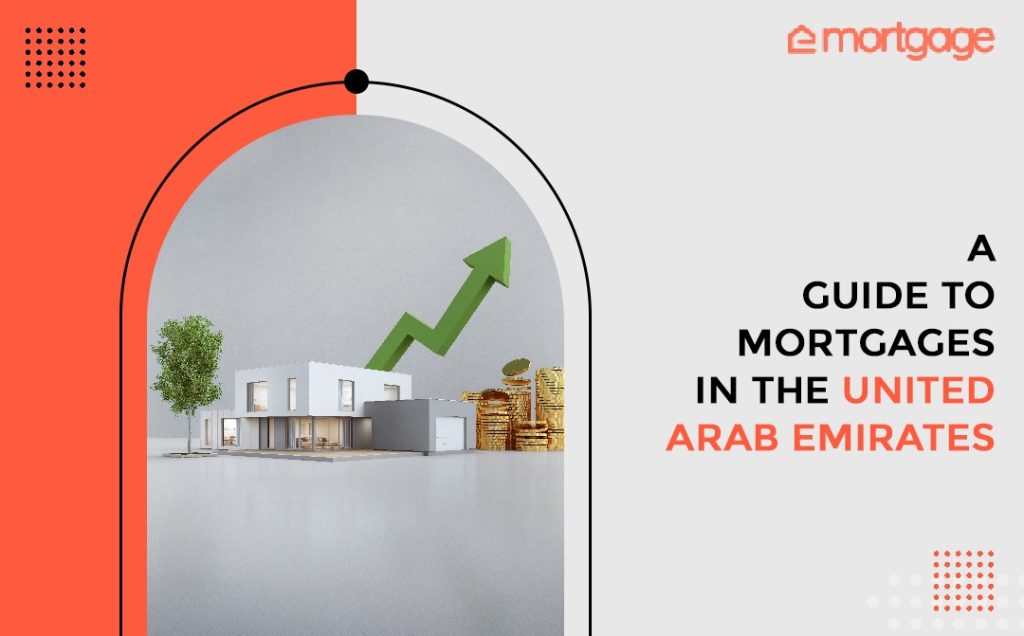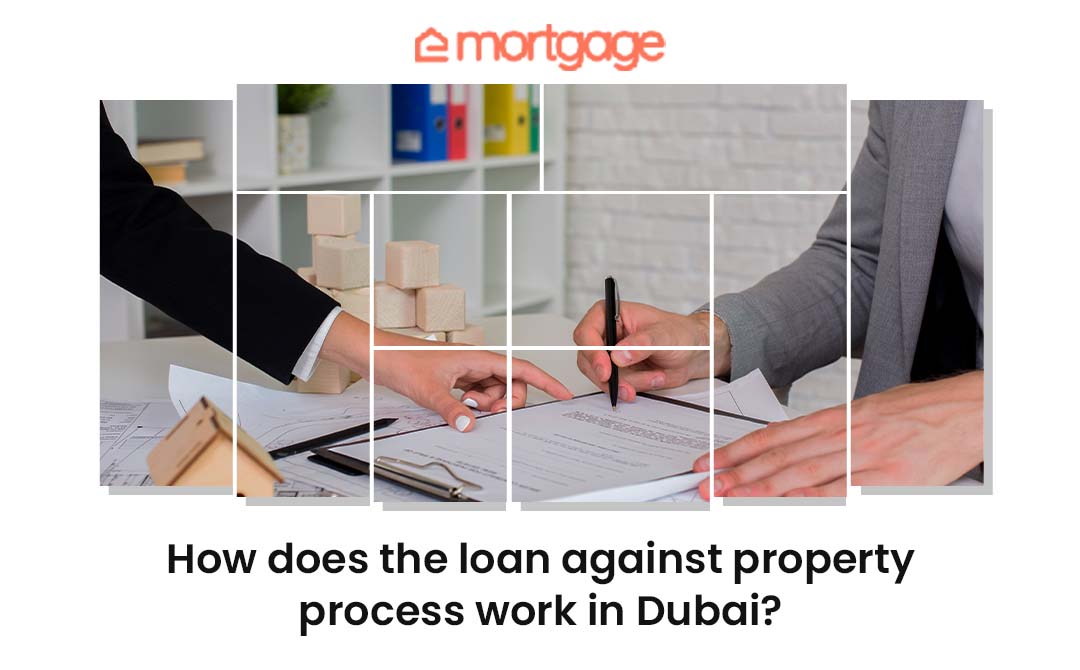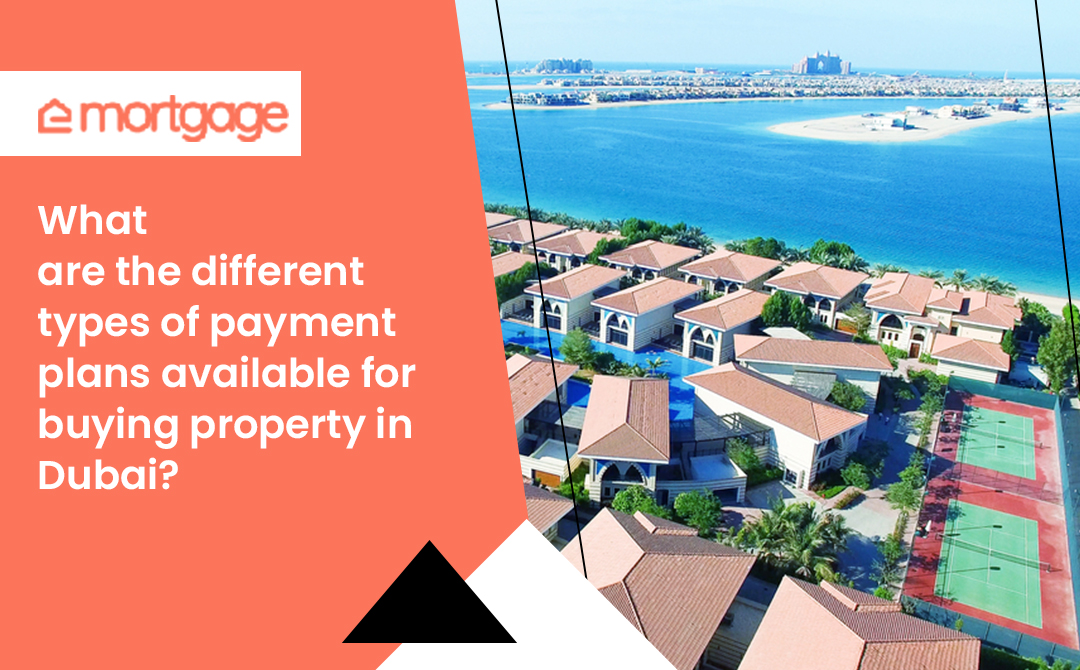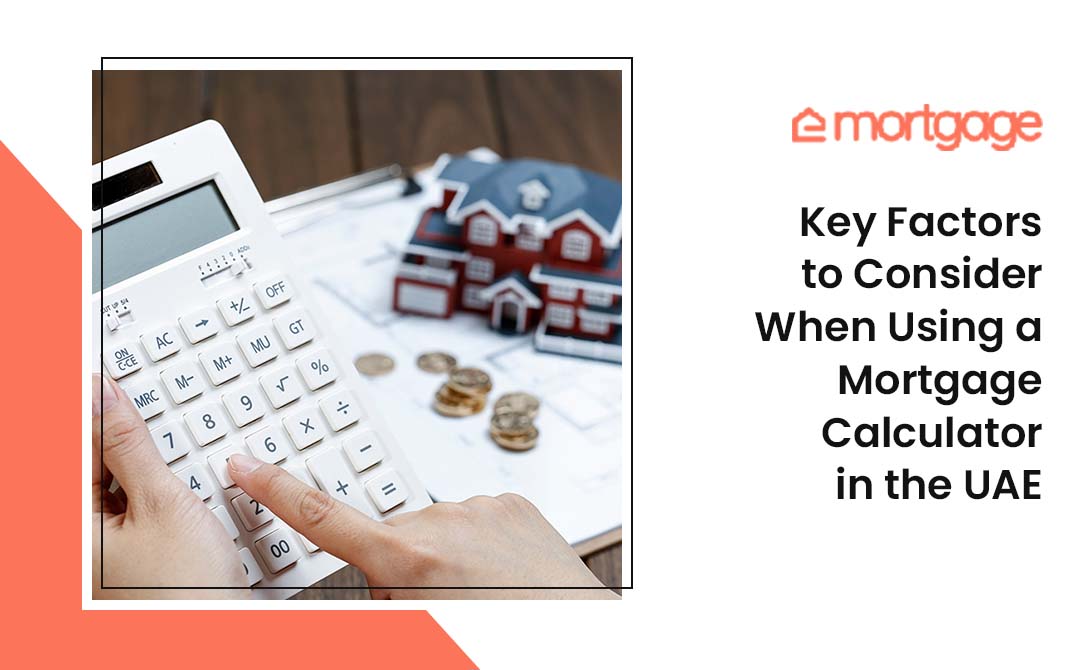Mortgages in the United Arab Emirates(UAE)
The United Arab Emirates (UAE) is a fascinating country and has become a popular destination for property investors worldwide, and with good reason.
The UAE offers a stable political environment, world-class infrastructure, tax-free income, and a cosmopolitan lifestyle. In addition, the UAE has a very favorable mortgage regime, making it an attractive proposition for both local and foreign investors.
However, before you make any decisions, it is important to understand the process of getting a mortgage in the UAE.
How to apply for a mortgage in the UAE?
You can apply for a mortgage in UAE by approaching banks directly or receiving professional advice from a mortgage broker.
The mortgage advisor will help you determine how much you can afford to borrow and what type of mortgage is best for your needs. They will also help you to find the best interest rate and terms for your mortgage.
If you are a UAE resident, you will need to provide the following documents:
- A copy of your Emirates ID.
- Your latest salary certificate and bank statement.
- A copy of your trade license (if self-employed).
- Have a good credit score.
If you are an ex-pat, you will need to provide the following documents:
- A copy of your passport and residency visa.
- Bank statements or a NOC from your employer to confirm your salary.
- A NOC from your company (if a UAE company employs you).
- A valuation report for the property you are buying.
If you are an expat or UAE resident looking to apply for a mortgage, these are some of the most basic documents you will need. However, each bank may have its own specific requirements, so it is always consulted with a well-recognized lender before you apply. At Emortgage, our experts can help you with the rest of the documentation.
Mortgage costs in the UAE
The costs of getting a mortgage in the UAE can vary depending on the type of mortgage you choose, the amount you borrow, and the interest rate.
For example, if you are taking out a fixed-rate mortgage, you will need to pay for the valuation, legal fees, and a deposit (usually around 15-20%).
If you are taking out an interest-only mortgage, you will only need to pay the deposit and any fees associated with the loan. The cost of your mortgage will also depend on the interest rate.
Types of mortgages in the UAE
The UAE offers a wide range of mortgage products to choose from, some of which are listed below:
- Fixed Rate Mortgage
- Floating Rate Mortgage
- Remortgage
- Offset Mortgage
- Investment Mortgage
- Non-Resident Mortgage
Fixed-rate mortgage
A fixed-interest rate implies that your interest rate stays the same for the duration of your loan. This means that if you have a fixed-rate mortgage, your monthly payments will not change even if interest rates rise.
Floating rate mortgage
A floating interest rate, also known as a variable or adjustable rate, allows your interest rate to vary over time. Depending on the current market circumstances, this may result in higher or lower monthly mortgage payments.
Remortgage
A remortgage is when you usually switch your mortgage to a new lender to get a better deal. This can be a good option if your circumstances change or you want to release equity from your property.
Offset mortgage
An offset mortgage is when your savings are offset against your mortgage balance, reducing the amount of interest you pay. This type of mortgage can offer significant savings but may require a higher deposit.
Investment mortgage
An investment mortgage is a mortgage that is used to buy an investment property, such as a buy-to-let property. Investment mortgages often have higher interest rates and stricter eligibility criteria.
Non-resident mortgage
A non-resident mortgage is a mortgage for foreign nationals who do not live in the UAE. Non-resident mortgages often have higher interest rates and specific terms and conditions.
You can also read: Guide to mortgage loans for non-resident investors in Dubai
Is property insurance necessary or not?
When you take out a mortgage in UAE, it is mandatory to have property insurance. This is because property insurance protects your lender’s investment in your property if it is damaged or destroyed. Property insurance can also protect you from liability if someone is injured on your property.
Refinancing a mortgage in the UAE
Mortgage refinance is the process of replacing an existing mortgage with a new one. In UAE, mortgage refinance is often used to consolidate debt, get a lower interest rate, or release equity from your property.
If you are considering refinancing your mortgage, it is important to compare the new loan terms with your current mortgage. You should also consider the costs of refinancing, such as valuation fees, legal fees, and break costs (if you are breaking your current mortgage contract).
Conclusion
In UAE, getting a mortgage can be a complicated process, but now it is easy with the help of an Emortgage.
Emortgage is a leading mortgage firm in UAE that help you through the entire process of getting a mortgage. Our dedicated team will guide and assist you in getting a loan with the fastest processing and lowest interest rates.
If you are looking for a mortgage in UAE, Emortgage is the right place for you.




